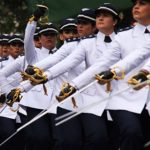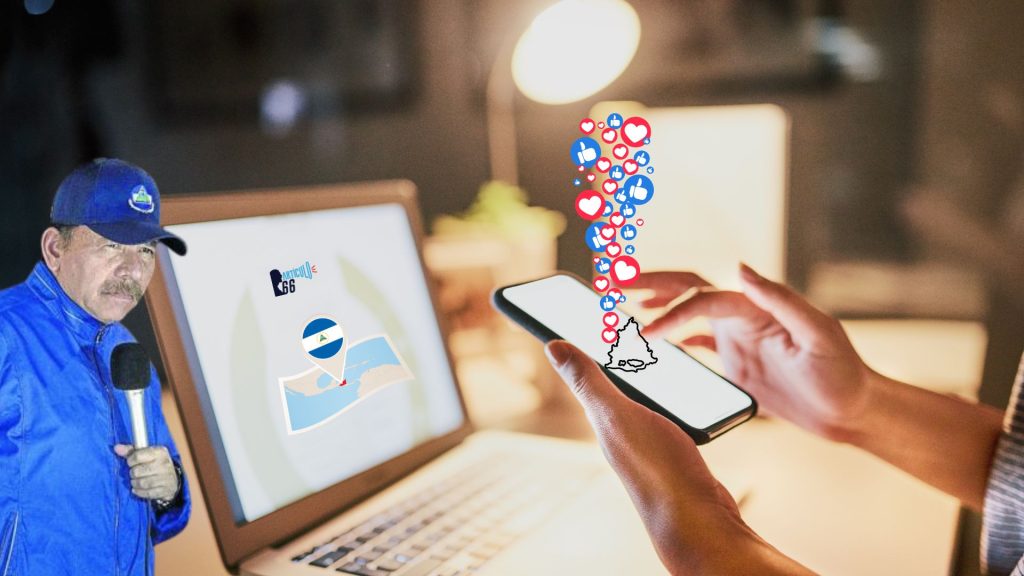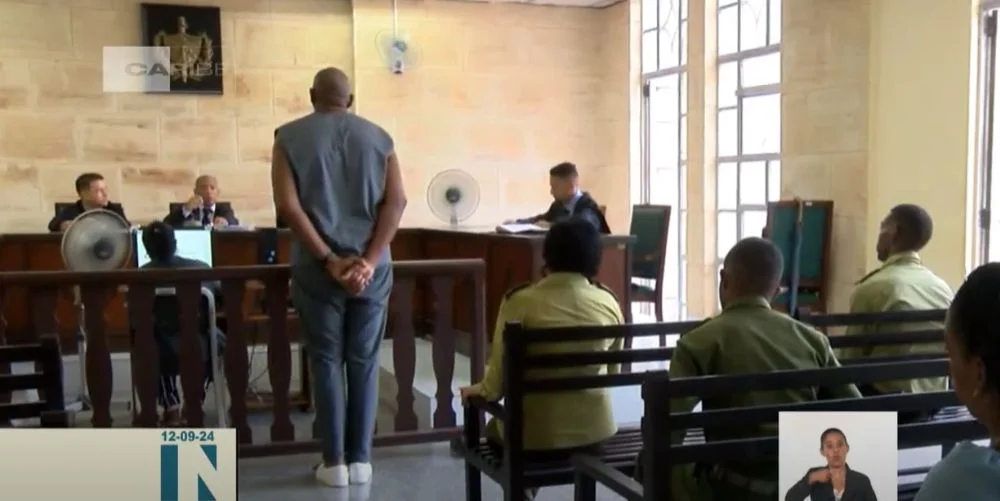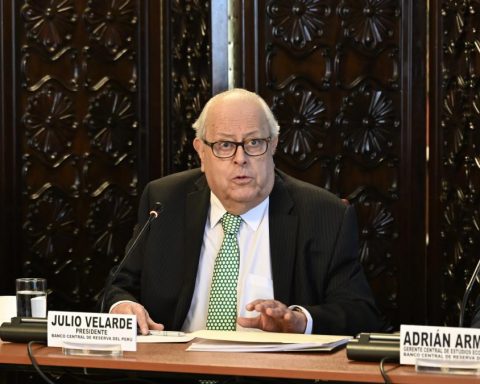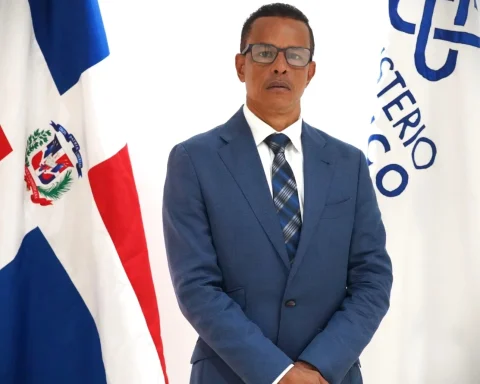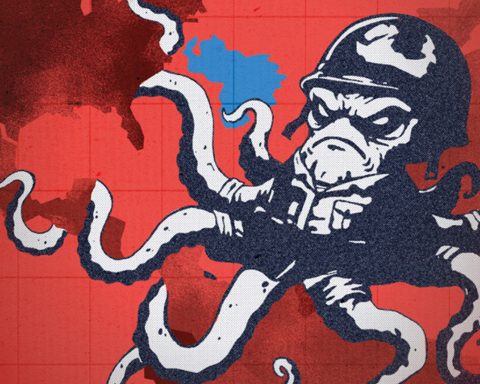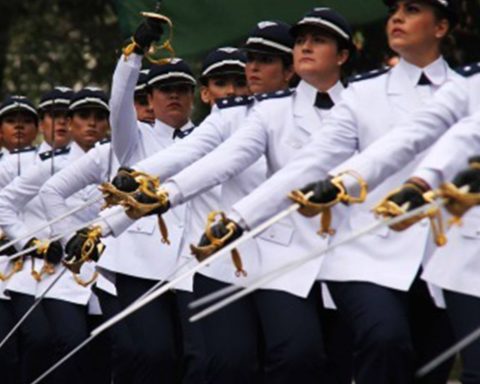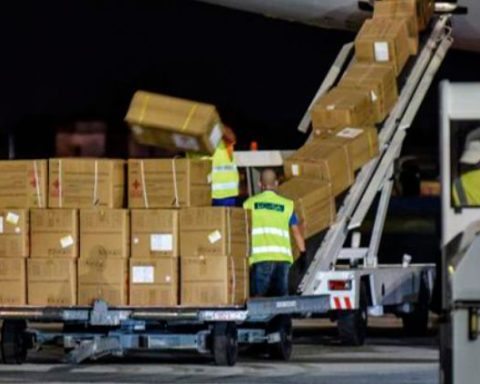With this, judges, whose identity cannot be known by any of the parties, will be the ones who decide. crimes of human trafficking, drug trafficking and weapons traffickingamong others.
However, despite being proposed as a solution to the risk of threats and pressures that could compromise the decisions of judges in high-profile crime cases, organisms such as the Inter-American Court of Human Rights and the United Nations Human Rights Organization (UN-DH) have spoken out against its implementation.
The figure of “faceless” judges prevents us from knowing the identity of the person who judges, as well as from assessing their suitability and competence. The judges must be protected, without violating the right to a fair trial before an independent and impartial court. #JudicialReform.
— UN-DH Mexico (@ONUDHmexico)
August 27, 2024
Sergio Salgado Román, constitutional lawyer, warns that in addition to going against recommendations from international organizations, this figure fails in its purpose of attacking the problem of organized crime.
The expert believes that the reform assumes that the problem lies with judges and judges who release criminals or those who are the target of terrorism by criminals, so their identity is hidden in the proceedings to protect them, when this is not necessarily the case.
“The problem is not that judges release people linked to organized crime because they are victims of threats or terrorism, but because of the weakness of the investigation files put together by the prosecutors themselves,” he said in an interview.
The risks of faceless judges
The adhesion of this figure was added by Ricardo Monreal, current coordinator of the Parliamentary Group of Morena in the Chamber of Deputies, based on a ‘suggestion’ made by President Andrés Manuel López Obrador, who did not include it in the original version of his initiative.
“There is something that the reform must have, a kind of protection for judges who have to decide on organized crime, how to protect them. A mechanism where authorities can decide without it being known, to find a way that it can be done because many are subjected to threats, to pressure,” said the president during his morning press conference on August 20.
But not being able to know the identity of the person who judges compromises the possibility of the accused person to a due process and a fair trial.
“The person on trial may be perceived as ‘a criminal who deserves nothing’, but he could also be innocent. It is possible that an innocent person is judged by someone with a conflict of interest. What happens if the judge is an enemy of the accused, or, on the contrary, if a guilty person is judged by someone with whom he has a connection and is acquitted? We will never be able to know that,” warns José María Soberanes Díez, PhD in Law and academic at the Universidad Panamericana.









